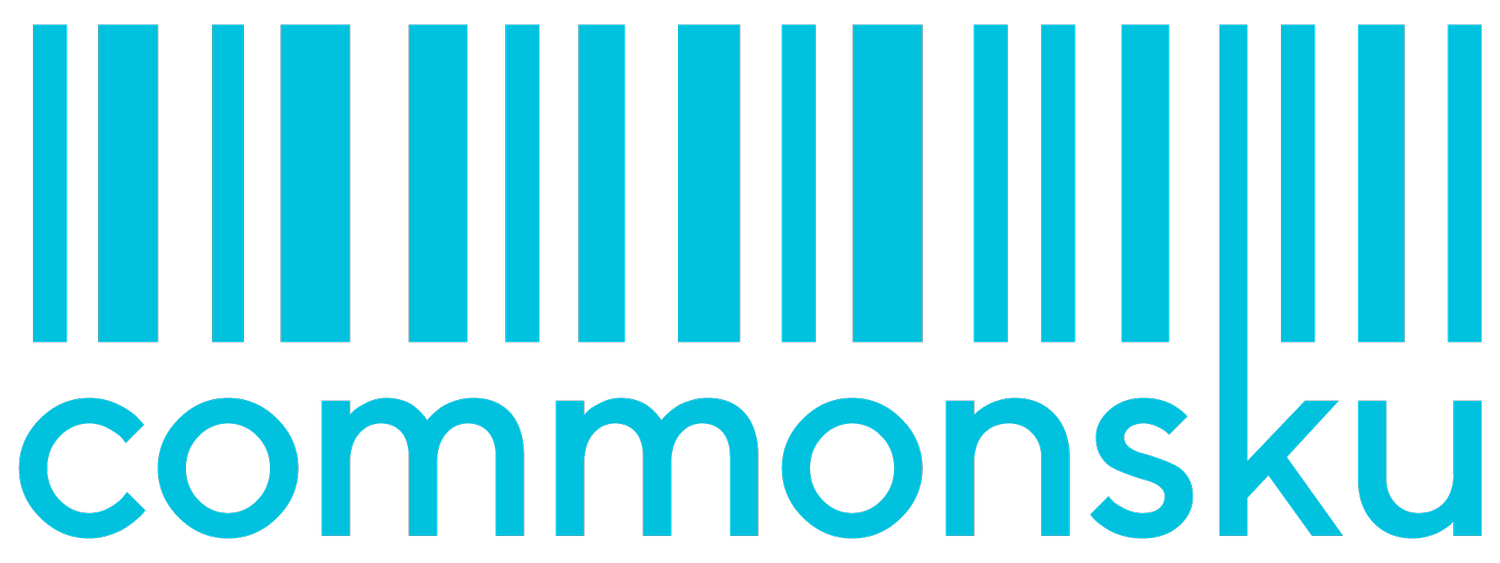4 Ways to Foster Creativity When You Have No Time
In this day and age, when every promotional product is available to our clients via a Google search, creativity has become a survival skill for distributors. Creative responsiveness is crucial, you not only need to respond quickly, but you also must respond with imaginative ideas your clients love.
If creative responsiveness is the primary skill that we use to build our business then this is a skill that we must sharpen.
Creativity is like a muscle: the more exercise it has, the better it works when needed.
But how do you fit in the time to strengthen your creative muscle when you already feel at the end of your rope juggling clients and orders?
You can. You can lifehack your way to a heightened creative awareness by building into your busy schedule creative learning hacks that won’t cost you any more time, but will foster inspirational thinking. Following, are four ways:
Inspiring Videos (Ted Talks, skucon Sessions): Did you know that there are over 2,400 Ted Talks? They are (each) around 18-minutes long. Schedule a weekly lunch-and-learn with a few colleagues. Even if it’s you and one friend, put it on the calendar and start a weekly viewing session. Doing so will get 52 astounding new ideas into your perspective without it costing you any more time and will build into your life a pipeline of critical thinking to challenge, inspire, and nurture your creative responsiveness. And for some of the most innovative industry thinkers, check out our skucon sessions.
Documentaries, Inspiring Movies: Documentaries and movies are a commitment. By the time the work day is over, you are tired of thinking and need to disengage your brain. But there are so many rewarding business lessons in documentaries and movies, how do you watch these without taking away from your downtime? Schedule a monthly luncheon with your entire company (or your team at work) for the sole purpose of viewing a longer documentary. If you are a solo-entrepreneur, schedule this monthly meeting with a friend or with a family member. By doing this monthly, you’ll add the bonus of connecting with folks you normally don’t communicate with on a daily basis, and you’ll connect with each other around a topic (directly) unrelated to your work. It’s one of the most stress-free brainstorming sessions you’ll ever create. Want a recommendation? Start with the creative series, “Abstract: The Art of Design” on Netflix.
Exhibitions, Music Festivals, Art Shows, Book Readings, Lectures: Shows and events are a rich way to invest in your personal development, but they are hard to fit into the calendar. Here’s a crazy idea (we’ll use an art show as our example): each quarter, take a client (or a supplier, or a colleague) to a show. Art museums are conduits to meaningful conversations (as well as book readings, lectures, and exhibitions). The best part about these events is that once you “make a date” with someone, they are tough to wriggle out of, so, the next time you see an exhibit or hear of a speaker you would like to see, email a friend or a colleague and get it on the calendar. You’ll create a memorable experience that sparks your creativity while cementing relationships with those close to you.
Walk it Out: Most meetings are notorious for killing (rather than nourishing) creative thinking. Except walking meetings. Steve Jobs championed this idea in popular culture, but the practice of walking and thinking through problems has been around for ages. Some of the most creative thinkers in the world (Tolstoy, Rachmaninoff, Tchaikovsky) took daily walks and claimed that a regular walk was essential to their creativity. Nilofer Merchant started scheduling walking meetings and soon began racking up 20-30 miles a week of walking, “instead of going to coffee meetings or fluorescent-lit conference room meetings, I ask people to go on a walking meeting … there’s this amazing thing about actually getting out of the box that leads to out-of-the-box thinking.”
All of these hacks seem so simple, yet very few of us will take a strategic approach to nurturing inspiration; but if you do, like most simple things (ahem, physical exercise) you will reap profound rewards by charting a persistent and proactive approach to creative fitness.
How about you? Do you have some learning hacks that help inspire creativity? Share them with us! We would love to post a follow up and include your ideas!

